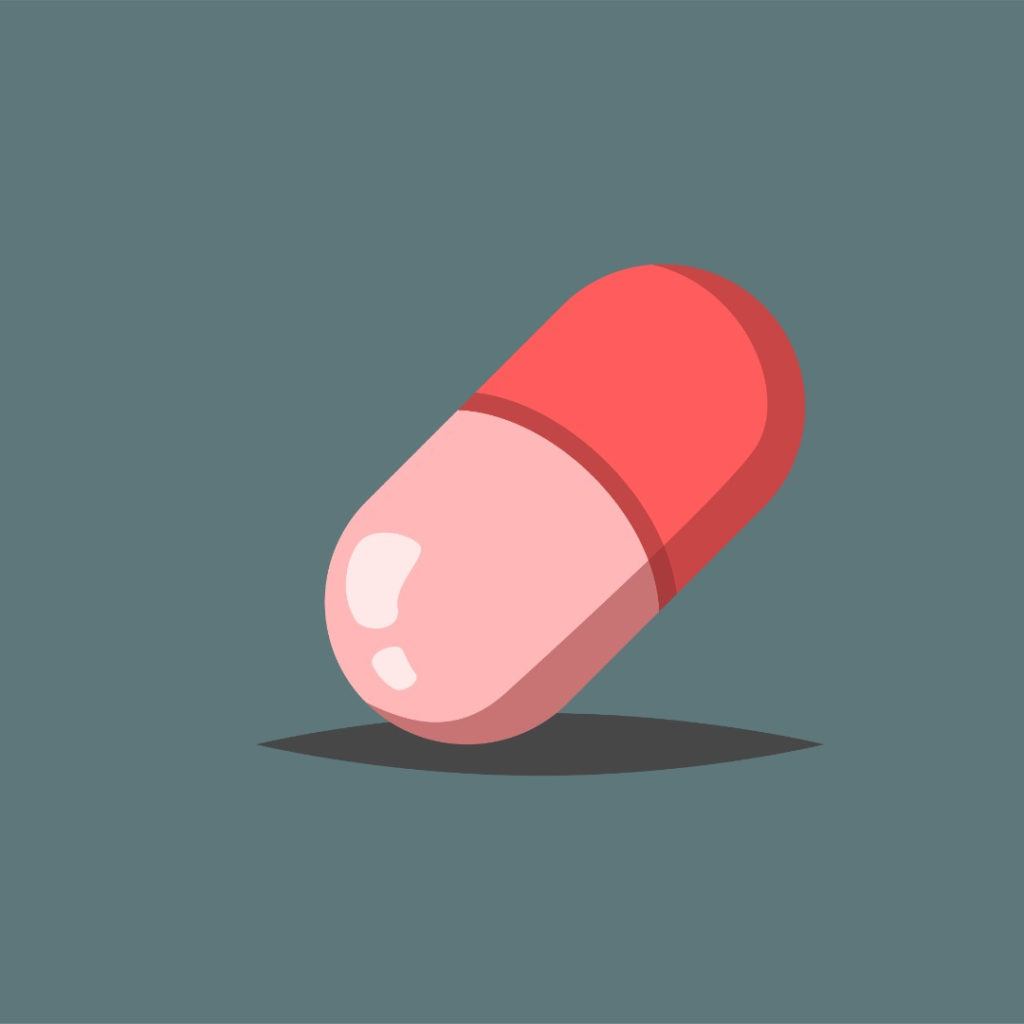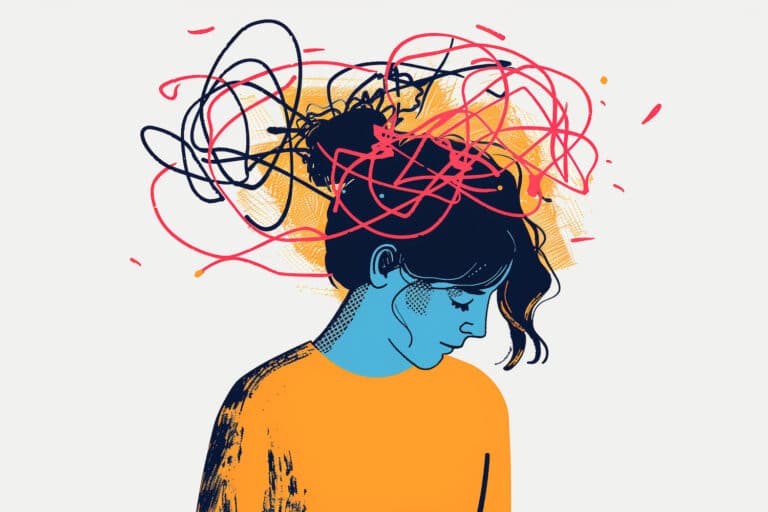When prescribed a medication to help with one problem, it’s important to consider whether or not that medicine might create another problem elsewhere. We can work with our doctor to determine if the benefits of the medication outweigh the risks.
This decision-making process is no less important if you’ve been prescribed Vyvanse.
Let’s take a look at what Vyvanse is, who might take it, and whether or not you’re at an increased risk of anorexia because of it.
What is Vyvanse?
Vyvanse is a brand name for the generic medicine called lisdexamfetamine dimesylate. (1) It was initially formulated as a treatment option for people with attention-deficit/hyperactivity disorder (ADHD). It was later discovered to be a possible treatment for people with binge eating disorder (BED). The FDA approved it for this use in 2015. (1)
How Does Vyvanse Work?
To best understand how Vyvanse works, let’s look at the conditions it is designed to treat.
A person with ADHD may struggle to focus on simple tasks or to stay engaged when others are talking. A person who suffers from BED may use food as a way to cope with negative feelings and to boost positive ones.
Vyvanse works in the brain in two key ways: first, it helps a person feel more alert and aware, which is how it helps a person with ADHD. Then, as the medicine moves through the blood, it increases a person’s dopamine levels, reducing the need for a person with BED to resort to food as an emotional salve. (1)
According to studies published by Vyvanse, both 12-week and 38-week studies showed a reduction in the number of binge-eating episodes for patients on Vyvanse when compared with patients taking a placebo pill. (2)
Does Vyvanse Cause an Increased Risk of Anorexia?
Of course, taking Vyvanse does come with a risk of known side effects, which include:
- Dry mouth
- Nausea
- Vomiting
- Diarrhea
- Stomach pain
- Constipation (3)
Vyvanse is an amphetamine, which means it can also be addictive if not well-managed.
And finally, Vyvanse can cause a minor or major drop in a person’s appetite. This loss of appetite can, in some cases, result in anorexia. In treating BED with Vyvanse, there is a known risk, however small, of a person swinging from one eating disorder to another.
Alternatives to Vyvanse
If the risk of anorexia or other side effects concerns you, you’re not alone. You might consider bringing your concerns to your doctor and therapist. Talk with them about the benefits you hoped to gain from taking Vyvanse and what other options might be available to you in order to meet those needs in another way.
If you decide that the benefits of Vyvanse outweigh the risks, we encourage you to meet with a nutritionist to plan out a healthy nutritional regimen that you commit to eating regardless of appetite decreases once the medicine begins to work.
Of course, we’d love to help you navigate these difficult questions. Connect with Magnolia Creek through our contact form today. You’re not alone.
Resources




